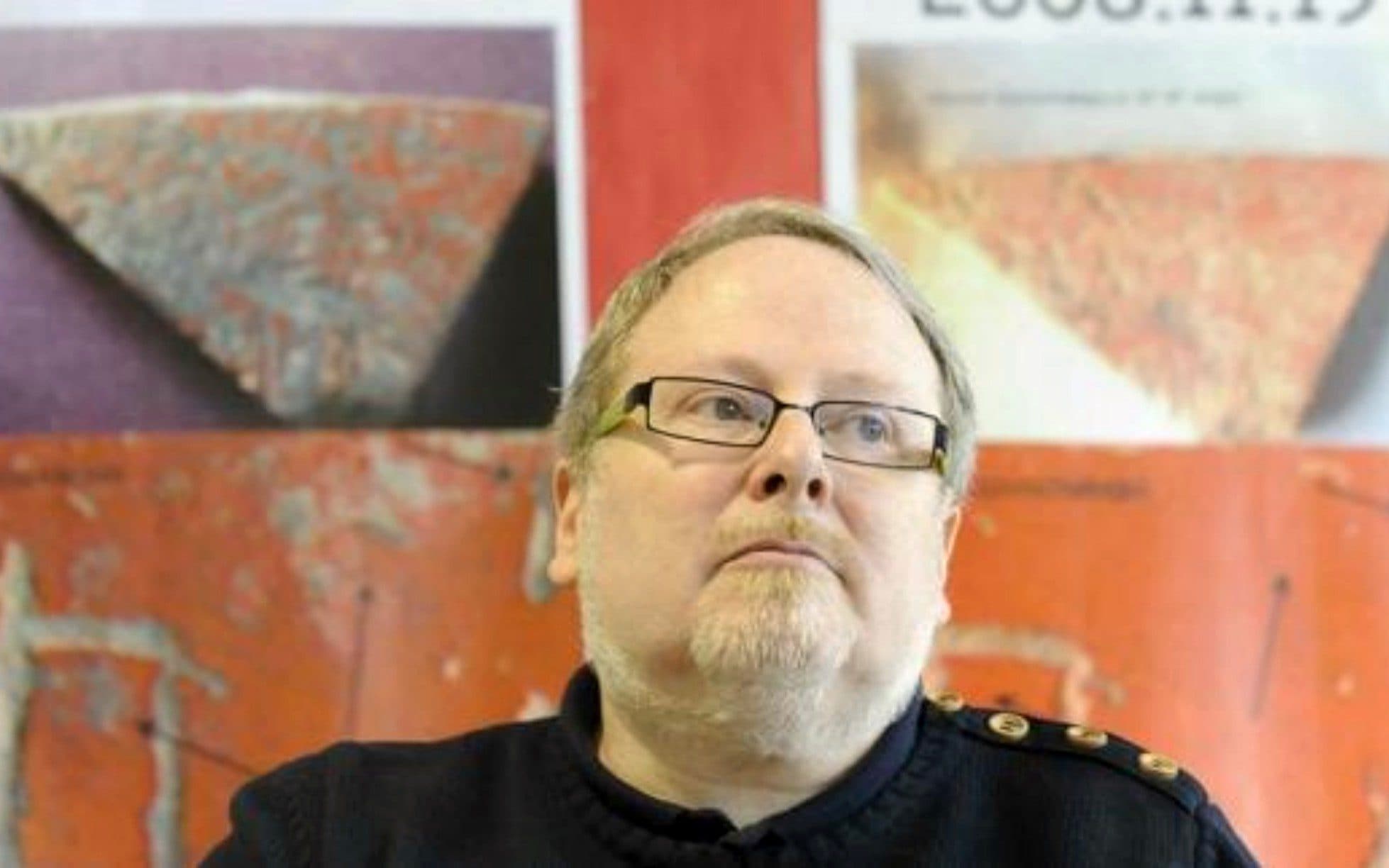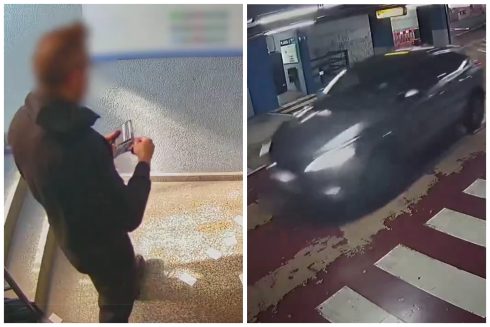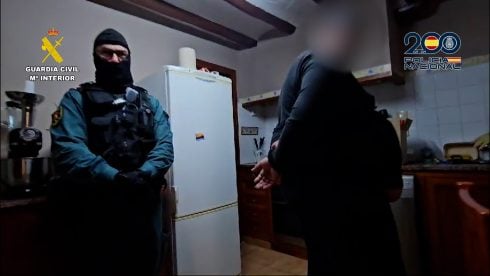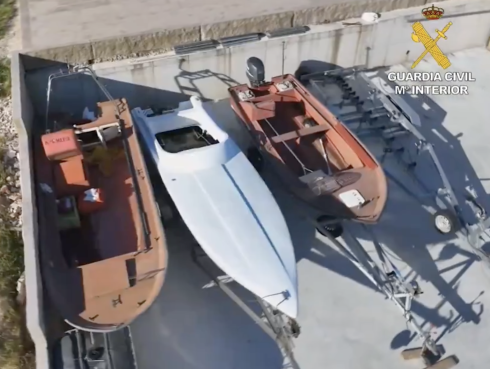A SPANISH archaeologist has been sentenced for faking Basque finds that included supposed hieroglyphics.
In 2006 Eliseo Gil presented artefacts that he discovered from the Roman town of Veleia, near the city of Vitoria.
The discoveries were extraordinary, including pieces of third-century pottery engraved with one of the first depictions of the crucified Christ, along with Egyptian hieroglyphics and with Basque words that predated the earliest known written examples of the language by 600 years.
Gil was so proud of his work that he proclaimed his find would ‘rewrite the history books’.
Less than two years later however, an expert committee started disputing the authenticity of his accomplishment.
As well as pointing out that some of the pieces bore traces of modern glue, they found references to non-existent gods and to Rene Descartes, a 17th century French philosopher.
Further suspicions arose when it was noted that the crucifixion scene bore the abbreviation ‘RIP’, which would have called into question Christ’s resurrection and divinity.
In addition, the name of Jupiter was not spelt with the letter I, but instead with J, a letter that didn’t exist in the Latin alphabet.
Martin Almagro, a professor in prehistory from Madrid referred to the finds as either ‘a joke or a fraud’.
He asked: “How has something like this been taken seriously for so long?”
Nearly 12 years after the first doubts, a court in Vitoria found Gil and his collaborator, Ruben Cerdan guilty of fraud and keeping false records.
Another defendant, Oscar Escribano, a geologist, pleaded guilty but argued that the whole thing was ‘nothing but a joke.’
Gil was sentenced to 27 months in prison, while Cerdan was handed a 15 month sentence and Escribano a 12 month term.
All three were ordered to pay a fine to the provincial authorities in Alava, which helped fund the excavations.
The men are unlikely to actually spend any time in prison, as none of them received a sentence of more than two years for one specific offence.
Under Spanish law, prison sentences are usually suspended if the defendant has no prior convictions and pays an extra fine, similar to what footballers convicted of tax fraud have been doing, such as Diego Costa.
The Basque police officer who led the investigation told the court that the case was ‘one of the greatest falsifications or manipulations relating to archaeological materials from the Roman world’.











